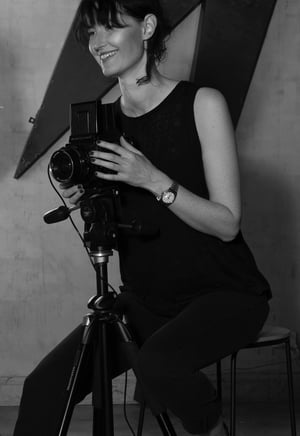PSC's tutor Jessica Ledwich's latest photography exhibition is a reminder that women's desire is complex, powerful and very much alive! So why are we still uncomfortable with female sexuality, and is it invisible in contemporary society? Jessica investigates this in relation to the camera in her show 'Our Desires Are Not Our Own'. It's listed in the 'Top 5 Exhibitions To See This Week' by Art Guide Australia.
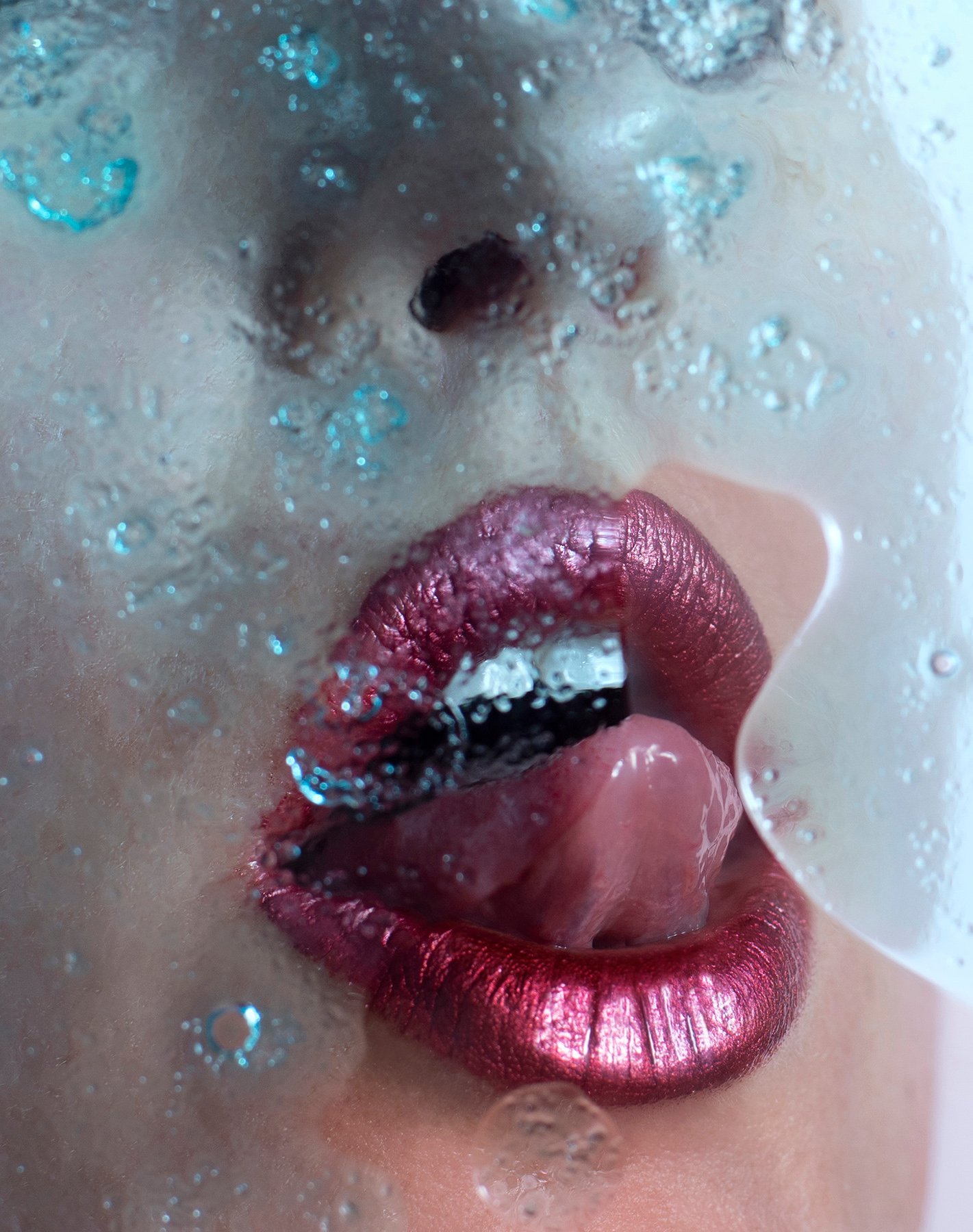
How is female desire portrayed by the media and contemporary society?
Female desire is not something that culture even really acknowledges. Instead we are presented with the way the male gaze shames women’s desire and presents a form of desire, which doesn’t destabilise the power base. This is reflected through language and the way women’s sexuality is portrayed.
How did we let this happen and continue for so long?
One of the major complexities is in the ingrained narratives we grow up with surrounding male female relationships and the historical power imbalance within these. These narratives shape both male and female perspectives, expectations, and are reflected in the way women are portrayed in films, television, advertising and media in general.

Tell us about how your work explores female sexuality in photography?
I am interested in exploring the inherent power relationship between the subject and the lens. We are surrounded with highly sexualised images of women, which invest very little in exploring her fears, emotions and desires. It is particularly this notion of desire I find interesting. This work explores how female desire is complex, powerful and very much alive outside of the narrow cultural construct of the traditional patriarchal relationship.
What were some of the challenges you faced with conveying this message via your work?
The challenge for this work is in using the medium of ‘the gaze’ (the lens and more specifically photography) to create a discussion about it. Can the images I create be separated from the power dynamic within which they were created? This raises interesting questions such as what does female desire look like and feel like outside of this framework? Why do we feel so uncomfortable with women embracing and expressing desire?
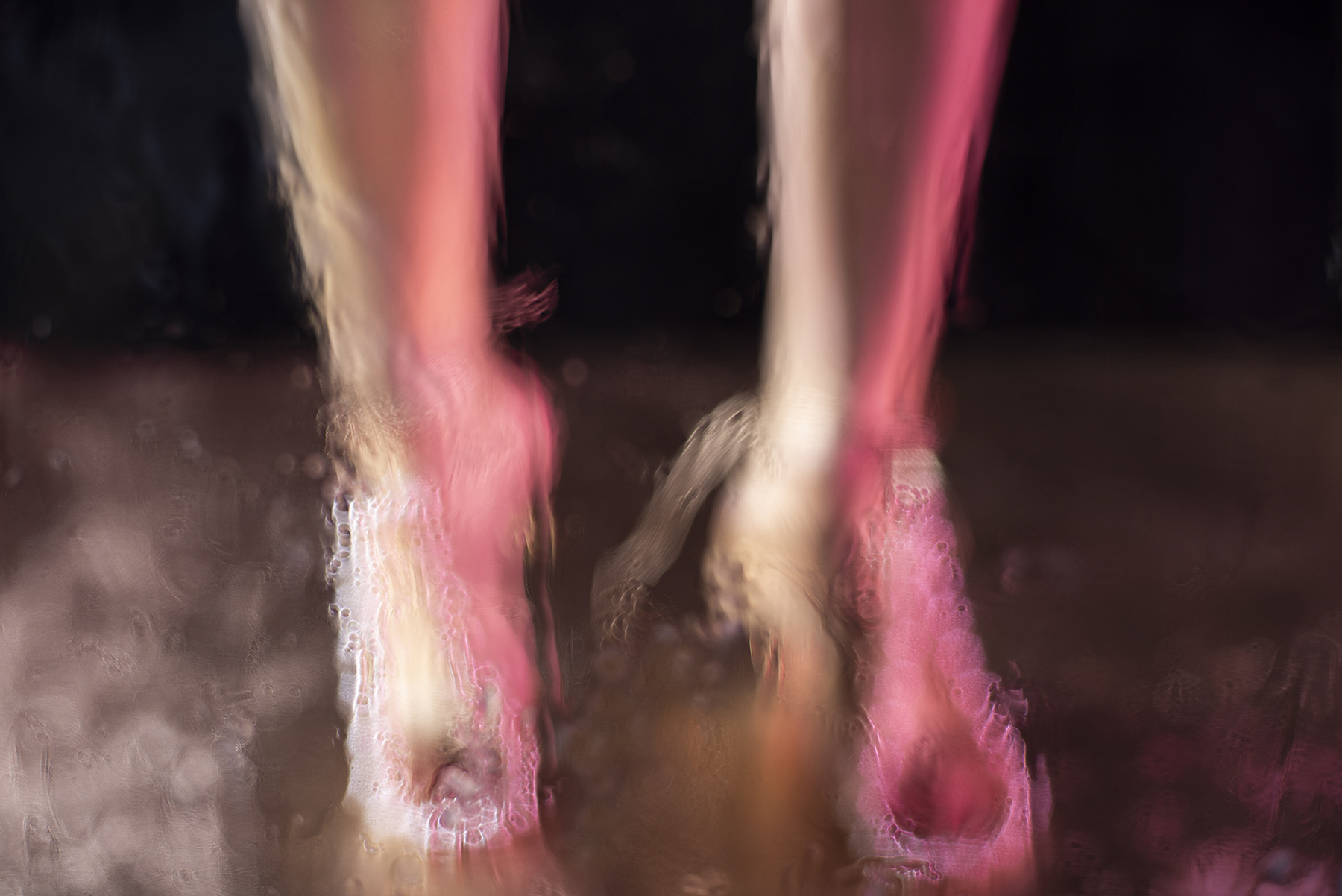
What would you like audiences to take home from this exhibit?
I’m much more interested in my work posing questions than answering them. While this work has a strong intellectual conceptual underpinning, I actually want people to engage emotionally with the work first and foremost. Tell me how you feel not what you think.
For our readers who are not familiar with this topic, what is the female gaze?
The ‘Female Gaze’ was coined by Jill Soloway, a writer and director, as a response to the cultural term ‘Male Gaze’ as coined by theorist Laura Mulvey in 1975. It offers a counterpoint to the way in which women have been visually positioned, particularly through film and images, as an “object” of heterosexual male desire, which is highly sexualized and designed to empower men and objectify women.
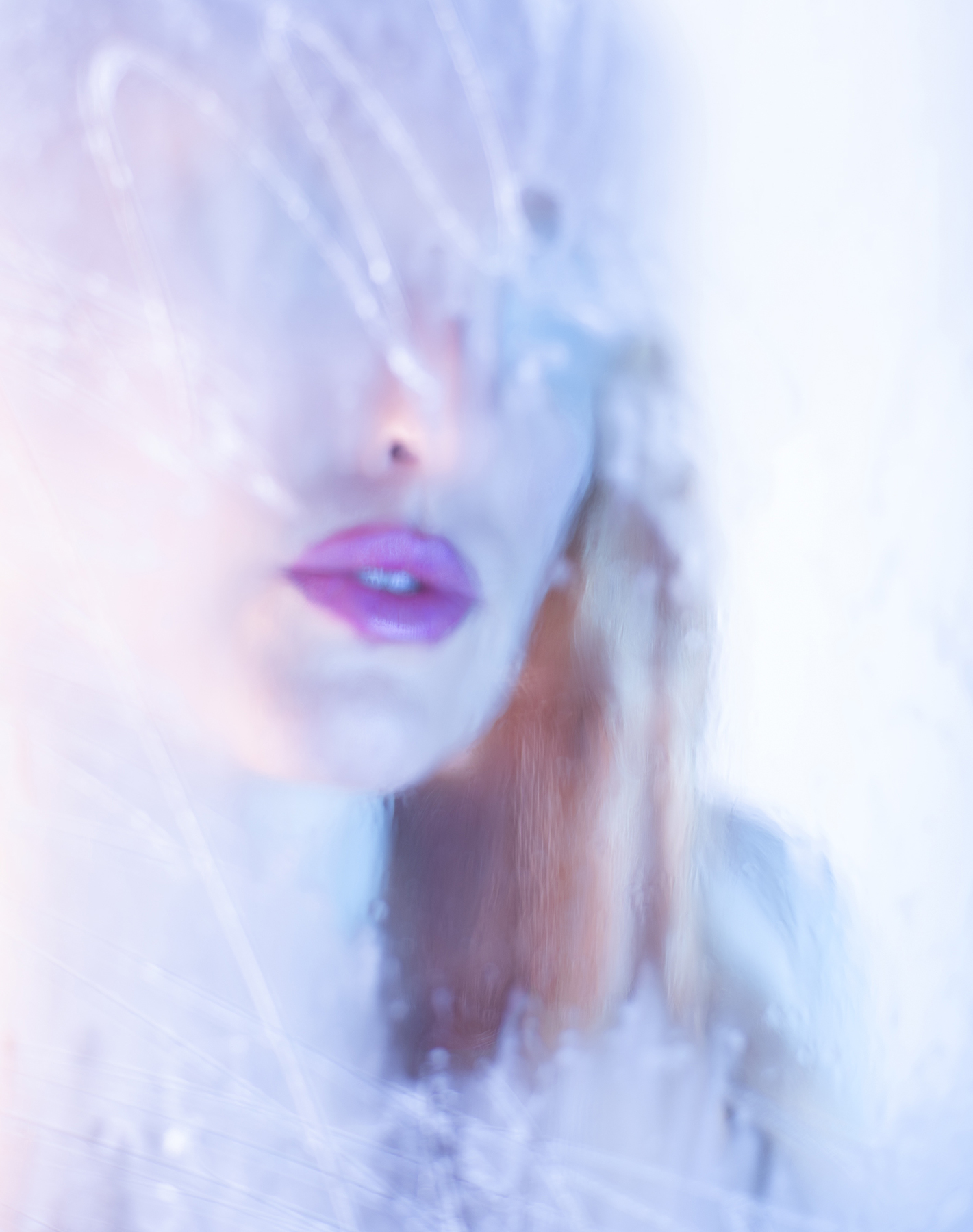
Can you give us an example of the female gaze?
The female gaze tries to offer a more “feeling seeing” position which is about trying to engage with the subject rather than just having them as a blank canvas for a male sexual projection. It is trying to engender a more empathic response, which evokes an emotional response in the viewer. This is where the subjectivity of the camera comes in. As opposed to objectifying the subject in the frame, the female gaze tries to get inside the character and attempts to share their experience, ultimately empowering the subject through the lens. The huge challenge with this work is how to try and communicate what it feels like to be the object of the gaze.
Tell us about your style of photography?
My work focuses on contemporary ideals with a focus of female body culture. I initially trained in fashion photography so that has informed both my concepts along with my aesthetics and style. One of the highlights over the years would be my series titled “Monstrous Feminine” which explores the lengths women go to in the pursuit of perfection. MF got global recognition and was featured in press from pretty much every corner of the globe. There was a crazy few months of sitting up at 3am responding to interviews from New York to Italy (Google translate does a pretty good job!) and the work ended up being featured in US MuséeMagazine’s WOMEN issue alongside artists who I grew up studying with.
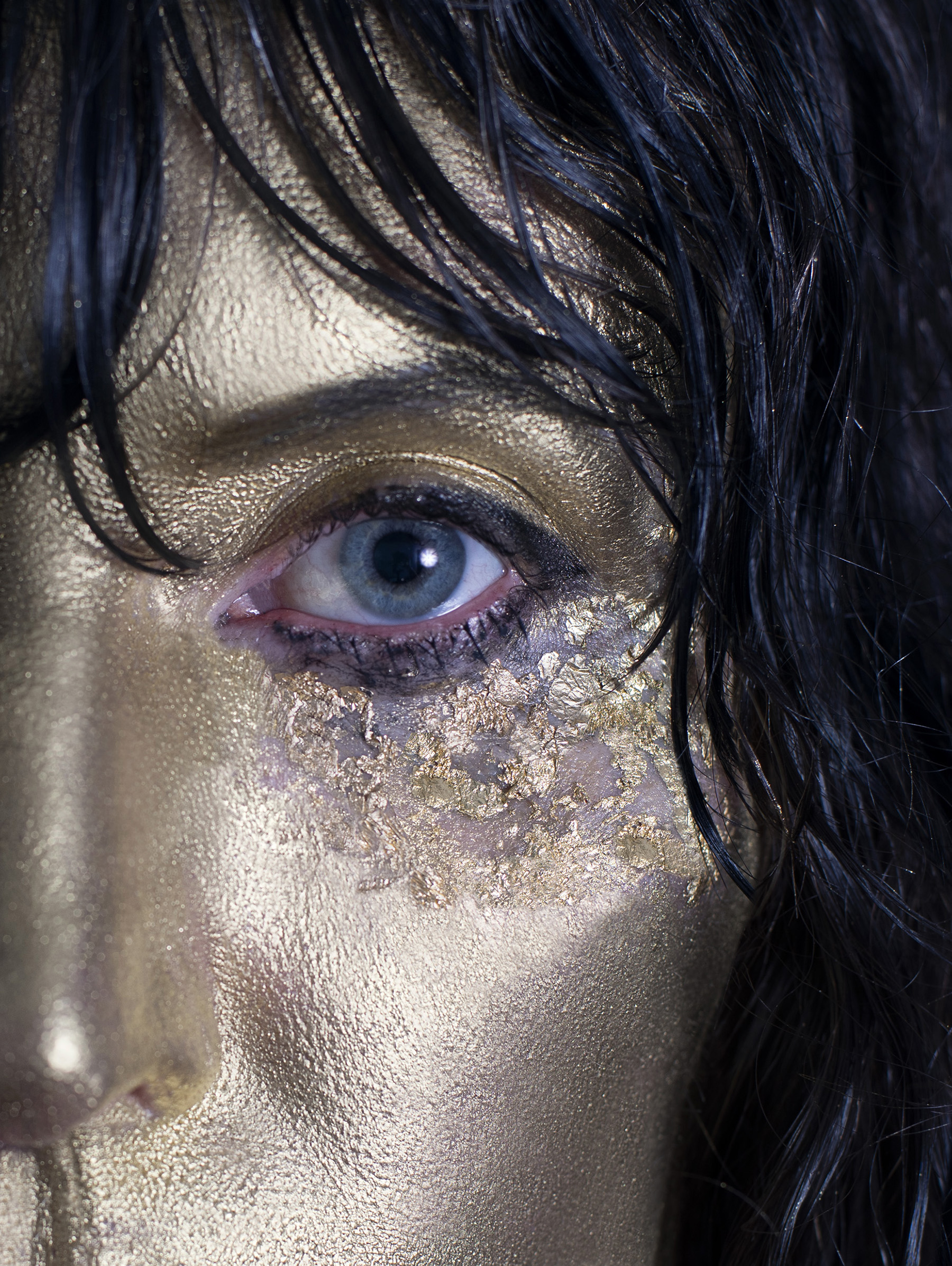
What is it you enjoy about your role at PSC?
What I love most about teaching is watching students develop and grow both in terms of technique and conceptual creativity. Students come in with big ideas, and often are exploring subjects that are very personal for them. It is both a joy and a privilege to facilitate them communicating what it is they want to say through their photography. It’s also great after a day in the studio to be able to think about someone else’s ideas for a change!
Jessica's 'Our Desires Are Not Our Own' runs till 8 September at Stockroom Gallery Kyneton
